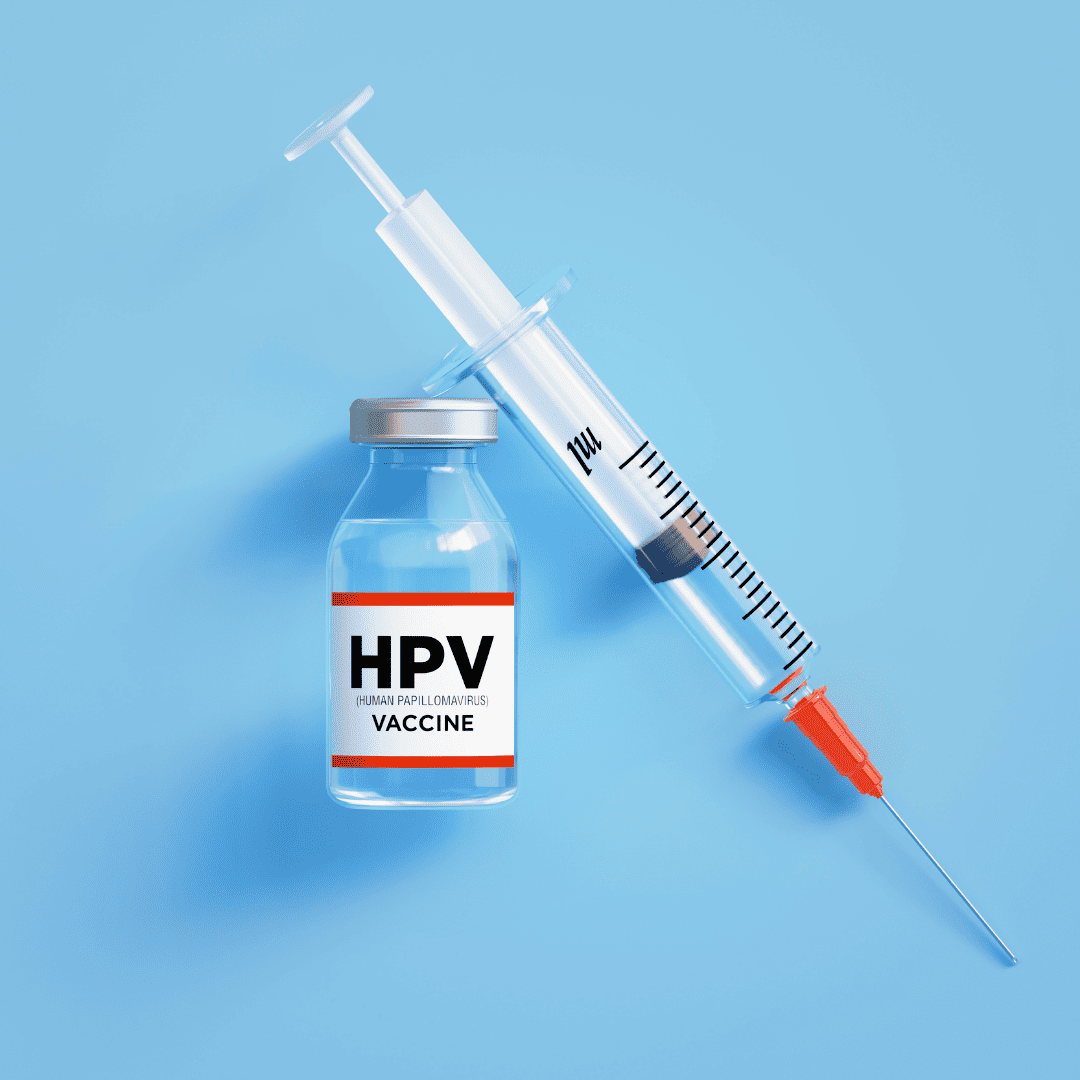I know I’ve talked about estrogen before – So then you know that sometimes it’s good and sometimes it’s bad.
A few basics – First off there are THREE estrogens – estrone, estradiol and estriol with estradiol being the most powerful of the three.
Estrogen contributes to health in many ways – brain health, bone health, reproductive health, cardiovascular health and is essential to both men and women.
So, yeah, we NEED estrogen for sure!
However, the challenge with estrogen comes in many forms.
While we NEED it for our overall health, we also need to make sure we can safely get rid of it after we make and use it and true estrogen balance is so much more than a simple blood, urine or saliva test.
After we make it in proper amounts, then we must process it through multiple detox pathways, so we aren’t under its influence in the dangerous forms and for too long.
Just where can estrogen go “wrong”?
- We have too much of it – this can be from making too much, being on bioidentical hormones and/or taking it in from the environment (plastics and water supply).
- Our liver doesn’t detox it properly into the correct balance of metabolites (Phase 1). This is the #1 issue in my experience. A person may not have high estrogen detectable in saliva, urine or blood BUT when we look at the downstream metabolites there is a “log-jam” or inability to convert dangerous and cancer-causing metabolites into a safer metabolite. This is cancer waiting to happen if this pathway fails (Uterine, Breast and Prostate in particular).
- We can’t methylate metabolites (Phase 2) – this is the second detox pathway in which metabolites are rendered safer through a process called methylation. If this is not accomplished properly then the result is a more “reactive” metabolite with potential to cause certain cancers. SIDE NOTE: If someone is a “poor methylator” in general (as we often see in people with a genetic mutation in the MTHFR gene) we may see this play out in poor Phase 2 detox pathways (related COMT gene)
- Estrobolome is weak and cannot inactivate Beta-glucaronidase allowing estrogens to recycle and get sent back into circulation (Phase 3). We have a special microbiome called the Estrobolome in which estrogen is further “inactivated” and not allowed to recycle in the body.
- Practitioners think women NEED to be on hormones because they are of “menopausal” age. A BIG no-no! This is simply “medicalizing menopause” – Menopause is NOT a medical condition – it is a transitional stage for women! I know of way too many practitioners who believe just because a woman is mid 40’s to mid 60’s that they SHOULD be on hormones (particularly estrogen). If we were MEANT to be on estrogen during this life transition then our bodies would produce it naturally, RIGHT?!?!
Think of it this way: You walk around your house and collect all the small trash cans and dump them into one can (Phase 1). You then take that collected garbage to the curb (Phase 2). Finally, the garbage collectors come and take the garbage away (Estrobolome – Phase 3). Any of these phases can go wrong leaving you vulnerable to the dangerous side effects of unbalanced estrogen. If you believe in bioidentical hormone replacement, I urge you to get a comprehensive hormone assessment so you know what’s happening downstream. Far too many times I have tested a client only to find they were in major harm’s way from the “natural hormone replacement” because of a “log-jam” downstream!
Same picture with men on Testosterone. Often pumped full of testosterone only to find out they are actually developing super high estrogen levels downstream, and they are feeling worse!
As I always say – it’s super difficult to tease apart gut health from hormone balance and hormone balance from gut health. They are way too interconnected and need to be tested together to get the full picture!
Some Symptoms of Poor Estrogen Detox
Heavy or painful Periods
Frequent periods
Hot Flashes/Night Sweats
Swollen, Tender Breasts
Endometriosis
Adenomyosis
Autoimmune flares
Abdominal swelling
Abdominal weight gain
Erectile Dysfunction
To name a few…
Bottom line is we cannot just simply test estrogen, progesterone and testosterone levels without assessing how one’s body actually processes and uses those hormones – it’s an incomplete picture and can lead to the absolutely incorrect treatment! You MUST see the full picture to balance your hormones!
Hope this helps!
Dr. K
Interested in chatting with Dr. Kelley? Click on a button below!!
Ready to test and learn more about your gut and hormones? Order a DUTCH and BiomeFX below!!

